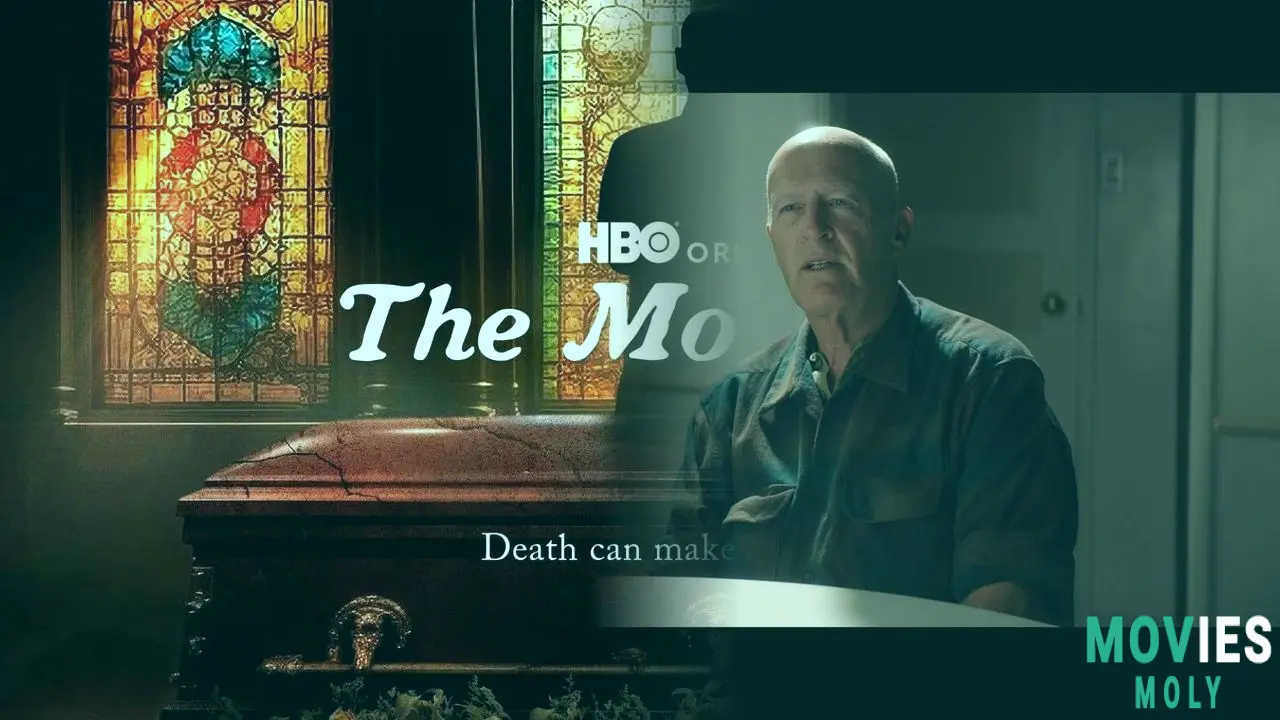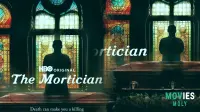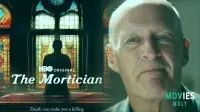Sometimes a true crime narrative hits you with details so improbable that they sound like something out of a horror film. One of these stories is The Mortician, a three-part documentary series airing on HBO. It lifts the veil on the Lamb Funeral Home, a Pasadena family business that harbored some pretty horrific secrets. This series, directed by Joshua Rofé, delves into the odd world of David Sconce after he takes over the family business. I believe it will be a difficult viewing experience for many of us, but one that is undoubtedly vital.
In 1989, Sconce received a five-year prison sentence. His offenses included dismembering victims, performing mass cremations for $55 a body, and enlisting people to attack competing morticians. He was released in 1991, after spending two and a half years. But in 2013, he was sentenced to 25 years to life for violating his lifetime probation. He had been discovered carrying a firearm. Fortunately, he was released on parole in 2023. The teaser for the series begins with someone stating that trust is essential for funeral directors. It then displays newspaper headlines describing a "gruesome tale" and "horrific tales from a cremator." It makes you immediately uneasy.
Then we hear from Sconce, who is 68 years old and has recently been released from prison. He says something that really causes you to pause and consider. "I don't value someone once they've died. They shouldn't do this when I'm gone and dead. Love 'em when they're here." As he speaks, images of urns flicker across the screen. It is a scary point of view. A local businessperson originally expressed concerns about Lamb Funeral Home after smelling burnt flesh. Someone else in the documentary claims that David Sconce was either breaking the law or acting morally wrong. It appears that a clear line was crossed in the pursuit of profit.
David Sconce's shocking justifications for his gruesome business practicesHis disturbing views about death and human remains highlight a dark chapter.
Sconce goes on to describe his methods. He says, "I could cremate one guy in two hours, or you could put ten of them in there and take two and a half hours. So, what's the difference? "There is none." He shrugs and says this. I can assure you that many of his clients would vehemently disagree. One former client of Lamb Funeral Home expresses their feelings. "They disrespected and desecrated my father. It is unconscionable. But Sconce is unfazed. "That's not your loved one anymore," he says with conviction. It demonstrates a complete lack of emotion over what he did.
The documentary promises to uncover even more unsettling truths. Former employees explain how they would remove clothing from bodies to sell and cut body parts to make jewelry. Employees competed to see who could fit the most bodies into the oven. Andre Augustine, a former employee, alleges they didn't know which remains belonged in which boxes. The clients ended up with mixed ashes. Barbara Hunt, Sconce's ex-wife, says she just learned of his cremation procedures from the news. But she recalls watching Sconce smash teeth with a hammer and place the gold in a cup. He simply speaks frankly about cremating multiple bodies at once. He has no feelings of shame. He used to drive a Corvette with the license plate, "I BRN 4U." It's difficult to fathom such a person existing.
Sconce also claims that because crematories cannot remove every speck of ash from furnaces, mingling ashes is not a problem. He feels that people should not value someone after they have died. He believes that people simply need to exercise more control over their emotions. For him, "That's no longer your loved one, and it never was. Love them when they're here. Period." This argument attempts to excuse his behavior. However, it fails to address the profound emotional pain he created. The documentary's director, Joshua Rofé, believes Sconce's primary goal was money. Rofé described a frightening experience when Sconce asked him what he would do if someone paid him a large sum of money to make him appear terrible in a documentary. Rofé stated that Sconce had a look in his eye that he had never seen before. He found it scary. Sconce's activities were clearly motivated by more than just profit. He appeared to love his power and authority.
The Investigation That Uncovered A Disturbing Operation in the California Desert
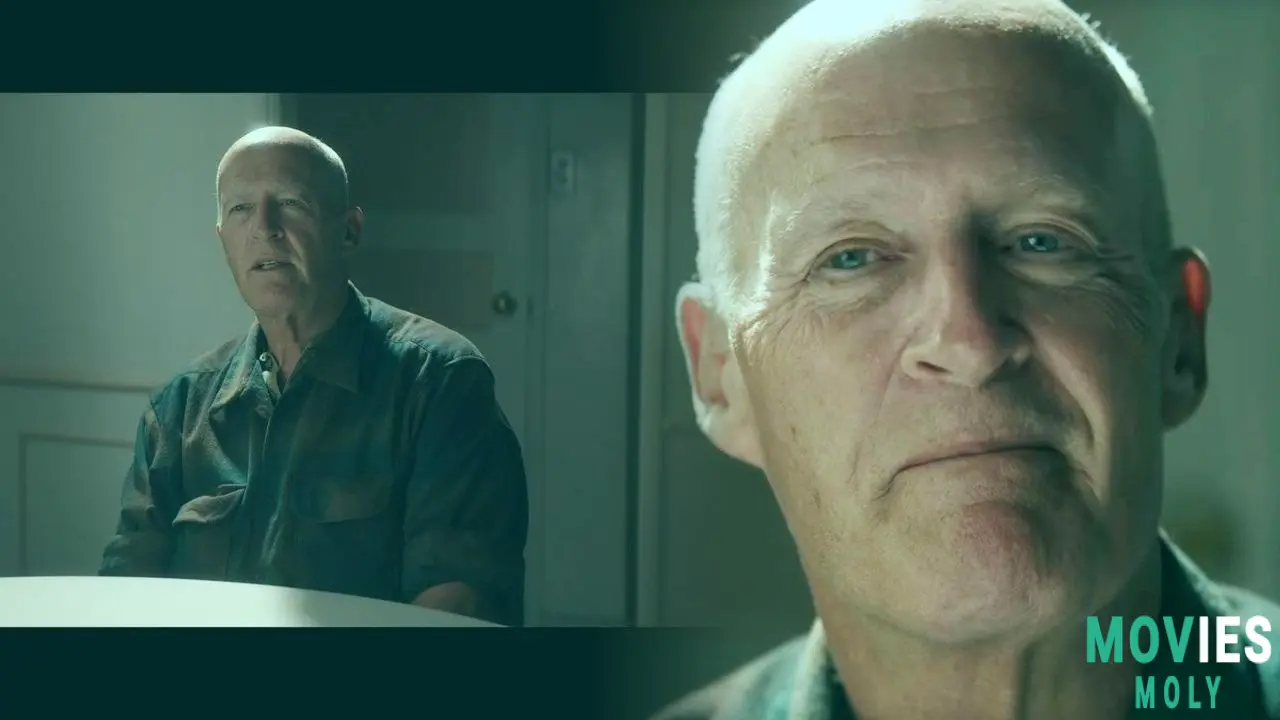
A keen sense of smell led authorities uncover David Sconce's hidden crematorium.
The crimes were eventually brought to light on January 20, 1987. Firefighters reacted to reports of smoke and foul odors coming from a building in Hesperia, approximately 60 miles northeast of Los Angeles. They uncovered hundreds of partially cremated remains and cans with human ash. This horrifying discovery in the high desert revealed an operation that had been running with astonishing effectiveness. All of this occurred while families believed their loved ones were receiving individual, respectful cremations. A soldier who helped liberate Auschwitz resided near Sconce's desert operation. He called 911 because he could smell burning flesh. He described it as a stench he would never forget following World War II. That is how Sconce was captured.
They found an old ceramics plant that Sconce had repurposed. It had kilns. Investigators discovered channels beneath the kiln doors that were designed to collect human fat leaking from the crowded chambers. It's a truly dreadful detail. Sconce pleaded guilty to 21 criminal charges, including mutilating bodies, performing mass cremations, and hiring hit men. He received a prison sentence in 1989. However, he was released in early 1991. His legal woes did not stop there. He breached his probation and was returned to prison in 2013. He was released on parole again in 2023. This prolonged legal battle, combined with his repeated violations, reveals an unmistakable pattern. It suggests that the person does not believe the rules apply to him.
The Mortician's Broader Message on Trust and the Business of Death
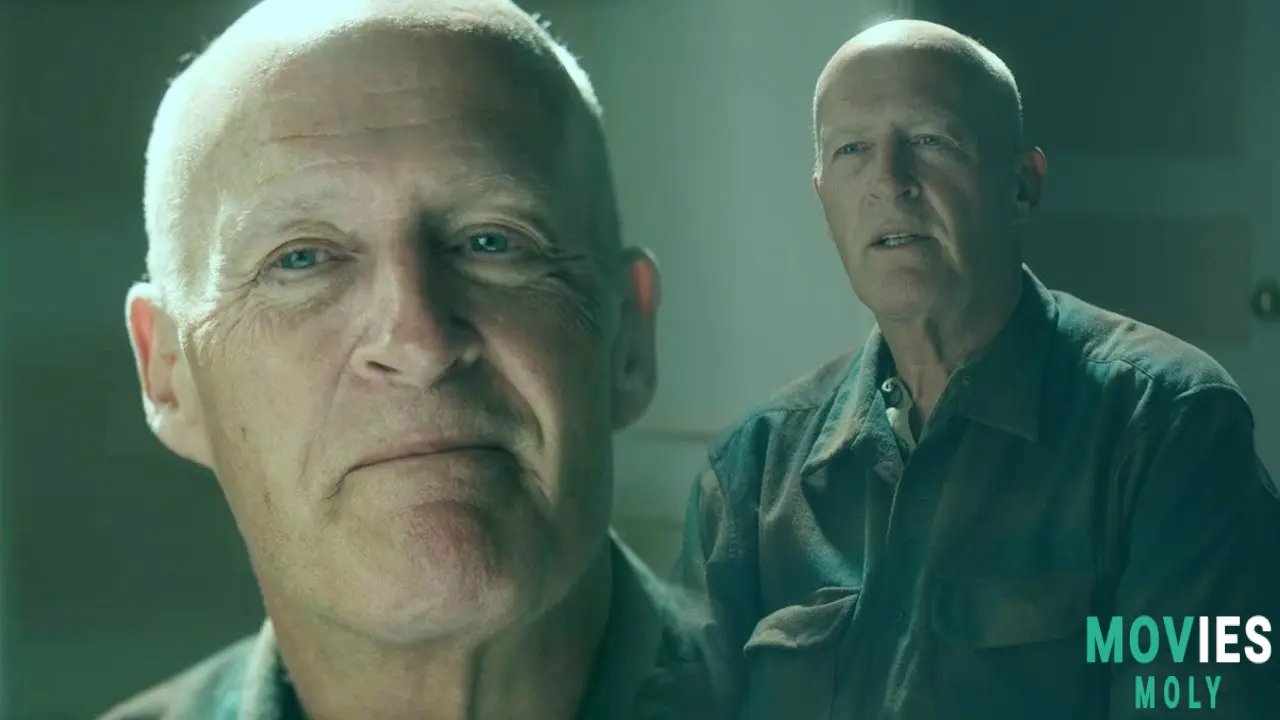
How This Horrifying True Story Connects To Larger Societal Issues
Funeral directors in the documentary emphasize that Sconce was a horrible example. They claim that his disgrace resulted in increased crematory regulations and inspections. Taking dental gold is now considered a major felony. Director Joshua Rofé believes that giving Sconce a voice in the documentary was the appropriate decision. He believes it is critical not to ignore stories of those who have committed atrocities. Rofé believes that pretending that everything in the world is flawless would be detrimental to humanity. He believes that having a serious look at people like Sconce is critical. I agree with him on this. We need to see these stories to grasp the darker aspects of human nature and society.
The series implies that when society converts religious rites into economic transactions, individuals such as David Sconce can emerge. They take advantage of our collective denial that death has become a business. This documentary feels especially pertinent because many Americans are questioning whether institutions can be trusted. This encompasses healthcare, finance, and government. As a result, Sconce's betrayal appears to be a warning for today rather than a historical event. It tells us that when profit is the primary goal, even the most delicate moments can be tainted. I believe the documentary does a fantastic job of expressing the greater idea. It is not solely about Sconce's misdeeds. It is about how society allows these atrocities to happen.
The three-part series will investigate how Sconce's crimes were discovered and what transpired next. The premiere raises an important topic. In a culture where everything can be bought and sold, how do we secure those precious moments when money should not be an issue? It's a question that stays with you long after the credits roll. I'm intrigued to see how the remaining episodes handle the aftermath and what new information emerges. This is clearly more than a typical crime story. It explores what happens when trust is entirely destroyed.
New episodes of The Mortician will premiere on HBO on Sundays at 9 p.m. ET/PT and stream on Max. This series is a must-see for anyone interested in genuine crime or the hidden aspects of our society.

